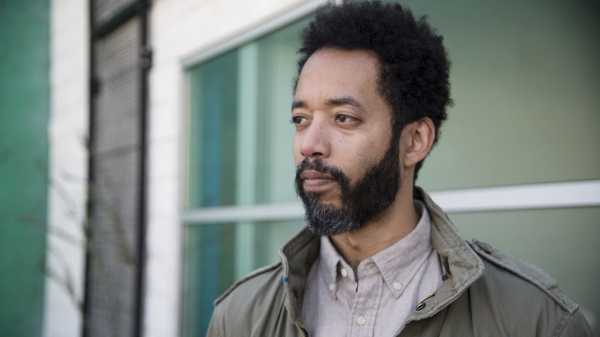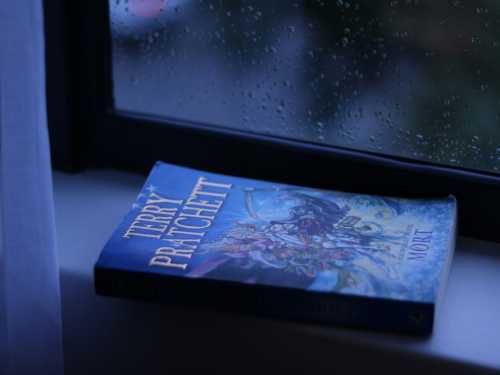
Samantha Bee, steaming about politics on “Full Frontal,” is a virtuoso of righteous outrage. John Oliver, fuming behind his desk on “Last Week Tonight,” sputters truth to power. Like those other series, “Wyatt Cenac’s Problem Areas” is an exercise in op-edutainment—a comedian’s para-journalistic confrontation with current events. But Cenac is more mellow in manner than those other “Daily Show” alumni, and less inclined toward jeremiad. And, because he is black, he lacks the luxury of venting anger through your television set without risking being profiled as a threat. His tendency, when addressing outrageous incidents and systematic outrages on his new documentary series, is to skid into bewilderment, or to stammer with upset, or to fight through weariness and retreat into sombre speculation.
The weekly show, which airs Fridays on HBO, is devoting most of its first season to probing issues of policing. When Cenac is not out in the field, where he encourages officers and citizens to reflection in interviews, he is inhabiting a set that, with its wood panelling and vintage electronics, suggests a fallout shelter tastefully decorated sometime after the Prague Spring. He gives the impression of having hunkered down. Gentle as the jazz flute trilling in his theme song, he would be good company through the apocalypse.
But the apocalypse is already in progress, and he’s trying to do something fruitful with his anxiety. Worrying over police abuse, he generates sparks of thought that seek not answers but a path toward sharper questions. “The same headline keeps getting written,” Cenac says. A segment about police training opens with a discussion of Philando Castile, the Minnesota motorist fatally shot during a traffic stop, by an officer named Jeronimo Yanez, who was acquitted of manslaughter. Instead of rehashing the killing, “Problem Areas” advances to an exploration of “improper police training,” the factor on which a litany of newsreaders laid blame in the Castile case. Clips from a training session conducted by Yanez’s trainer—Dave Grossman, of Killology Research Group (really)—set up the bleakest of gallows humor. The trainer speaks of officers discharging their weapons and returning home to, “they all say, ‘The best sex I’ve had in months.’ ” Cenac interrupts to wonder: “What about a Sade song? Or how about eye contact?” Here his jest is a beat to set off a moment of blatant idiocy, a light goof to ward off despair, a flash of charm to encourage us forward.
This sort of comedy doesn’t always work; Cenac now and then gives off the vibe of a class clown disrupting his own presentation. Or maybe he’s puncturing his own sincerity because the gravity of the project is sometimes too much to bear. Most of the reporting for this Friday’s episode, on the theme of community policing, was done in December, in Elgin, Illinois, partly because the town’s work in this field has been hailed as an exemplum. But the episode ends up examining the aftermath of a fatal “officer-involved shooting,” in March, of a woman named Decynthia Clements, and with Cenac choking on frustration.
The topic of police abuse—endemic and pervasive—does not lend itself to howls of catharsis. “Problem Areas” instead provokes sighs of disgust. The show is acutely aware of its smallness and impotence. Notably, much of its non-law-enforcement material concerns, directly or otherwise, impending environmental disasters. In the third episode, the host opens by presenting a riff, digressive but targeted, that contrasts the demagogue’s myth of the coal miner to the real potential of solar power. It is followed by a regular segment titled “A Modest Proposal,” which is narrated by a woman with a British-ish accent and the tone of a benign automaton. This installment suggested, on the model of beating swords into ploughshares, converting decommissioned battleships into houseboats for millennials: “Consider the possibilities of gentrifying the open water!” In his première, Cenac gawped at Elon Musk’s SpaceX, by way of grimly supposing that billionaires’ adventures in space travel signify their intent to leave the lower orders behind on our suffering planet. He offered another option, and a mission statement: “Maybe we roll up our sleeves and start figuring out how to make this shit on Earth work for us.”
Sourse: newyorker.com






